The Hungarian writer László Krasznahorkai, who sounds like a sneeze and reads like a fever, is on a mission to build our collective stamina. His novels have always resisted easy interpretation, with their page-long sentences and catastrophic air, and in his ‘most popular’ book, Satantango, the clanging language and doomy setting worked to great effect. Now Krasznahorkai, who won the Man Booker International Prize in 2015, has declared that that book was the first in a quartet, which is now completed with Baron Wenckheim’s Homecoming, his longest novel yet, translated by Ottilie Mulzet. ‘With this novel I can prove that I really wrote just one book in my life.’
Baron Wenckheim in the novel shares his name with a 19th-century Hungarian prime minister, but the book is set in the present day, and this Baron is in his sixties, returning to Hungary from South America, having been rescued from gambling debt disgrace by his family with its ‘excellent Argentine connections, nurtured since 1944’. The problem is that the people and civic dignitaries of his unnamed home town think he is returning in triumph, and that they are about to cash in on his wealth: ‘Exclusively events of a cheerful tenor may be permitted,’ declares the mayor, planning the welcome party. Meanwhile the ‘ageing adolescent’ Baron is trying to rekindle the love of his youth with fellowpensioner Marika (aka Marietta), and in a parallel storyline, a professor who studies moss for a living is holed up in a hut made from foam blocks in the middle of a forest, avoiding his estranged daughter and firing potshots at journalists.
The stories proceed in a chaotic manner, with the viewpoint switching from one paragraph to the next. It’s easy when writing about a book like this to succumb to what Borges, referring to the reception for Finnegans Wake, called ‘terror-stricken praise’, but equally easy to dismiss it as fundamentally incomprehensible. And while the book is ‘difficult’ — a better word might be ‘resistant’ — there are recognisable themes, such as lack of communication and the assumptions we make in communication’s absence, which affects the townspeople and officials, the Baron and his putative love, and the professor and his daughter.
The language is plain and comfortable with cliché, as though Krasznahorkai is intent on delivering everything in the same register, from the whimper of a Bernhardian rant in the local newspaper to the bang of the apocalyptic finale. But there’s a playful element too, buried amid the darkness: the novel comes with a pre-credits scene before the title page, headed WARNING, and the usual legal disclaimer declares that coincidental names and places in the book ‘are exclusively to wretched happenstance’. And why not end, as Krasznahorkai doesn’t, with an upbeat example of the comedy that is a surprising feature of the book? Remember that welcome party that the mayor was planning? It results in the Baron being piped off a train to an enthusiastic crowd by a bunch of hairy bikers playing ‘Madonna’s great hymn’ ‘Don’t Cry for Me Argentina’ on their horns.
Got something to add? Join the discussion and comment below.
Get 10 issues for just $10
Subscribe to The Spectator Australia today for the next 10 magazine issues, plus full online access, for just $10.
You might disagree with half of it, but you’ll enjoy reading all of it. Try your first month for free, then just $2 a week for the remainder of your first year.

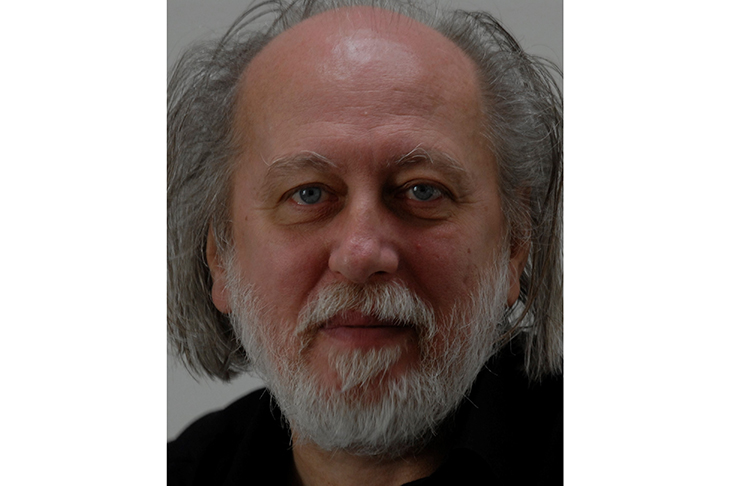
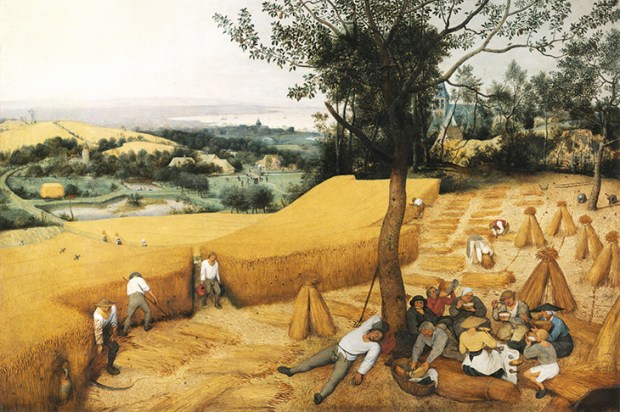

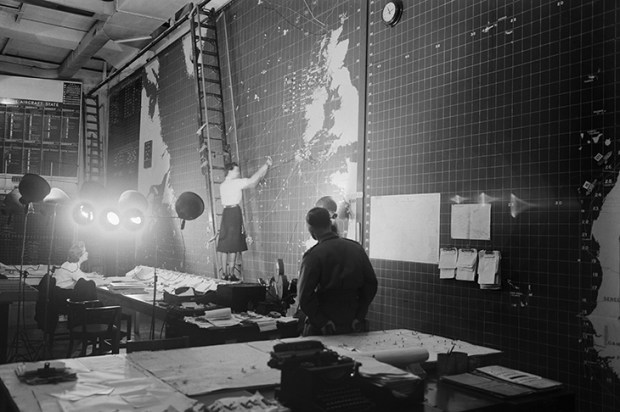
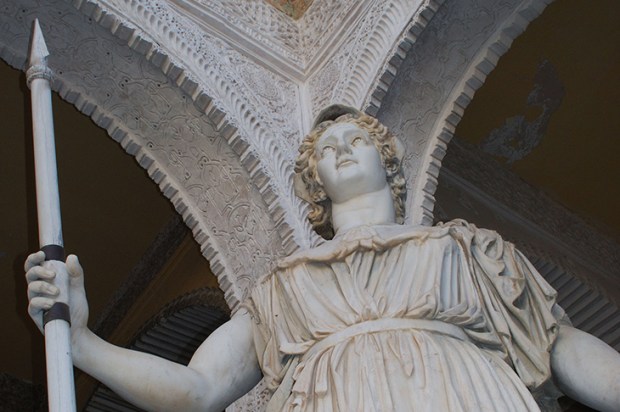
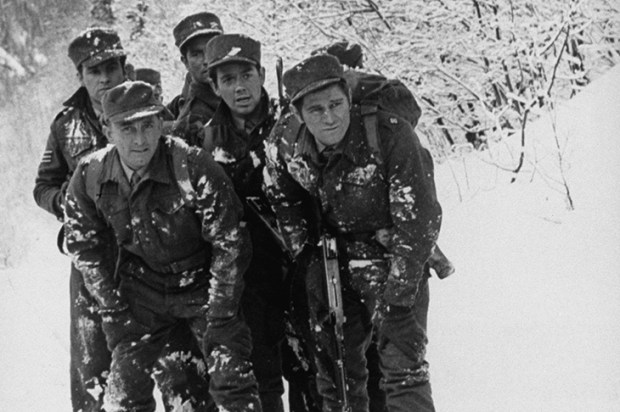







Comments
Don't miss out
Join the conversation with other Spectator Australia readers. Subscribe to leave a comment.
SUBSCRIBEAlready a subscriber? Log in